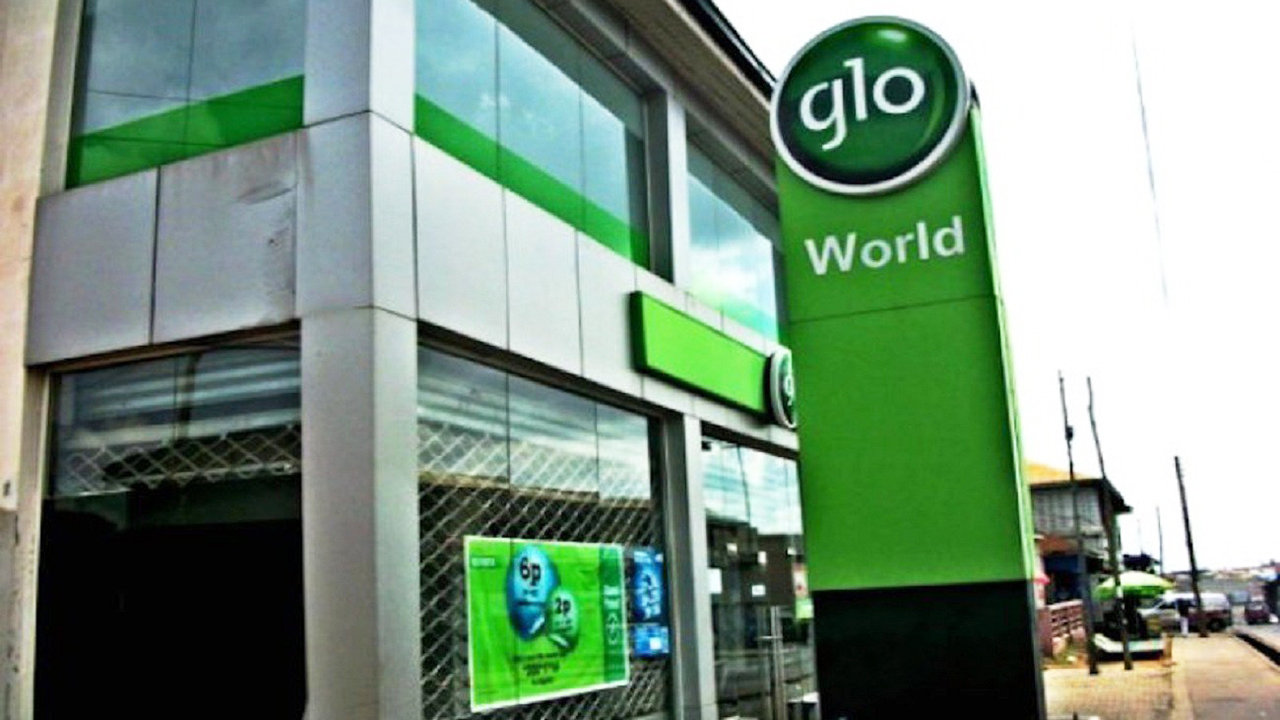Business
Unity Bank Grows Gross Earnings to N27.5bn in H1’2023

Retail lender, Unity Bank Plc grew its deposits to N333.38 billion, representing a marginal increase of 2% compared to N327.42 billion recorded in H1’22 in its Half-Year unaudited financial statement submitted to the Nigeria Exchange Group Limited.
The growth in deposits demonstrates incremental gains by the lender from its commitment to deepening its retail footprint through a well-diversified banking product suites that caters to different segments of the retail market.
Other highlights of the unaudited financial statement include gross income and total assets which recorded N27.5 billion as against N27.4 billion and N512.1 billion from N510.1 billion respectively within the period under review. The net loans portfolio reduced significantly by 31% to N198.6Billion as at 30 June 2023 from N289.4Billion as at 31st December 2022. The Bank’s NPL Ratio remained moderate at below 3% while liquidity ratio stood strong at over 45%.
However, the Bank’s profit for the period was impacted by foreign exchange revaluation on the back of Nigeria’s recent FX liberalization policy, resulting in the lender suffering a revaluation loss of N35 billion within the period.
Notwithstanding, the retail lender grew its FX trading income significantly by 17% to N239.8 million from N204.4 million in the corresponding period of 2022, underscoring the Bank’s strategic focus on diversifying and growing its earnings portfolio.
Similarly, fees and income commission also witnessed a 10% growth to N3.5 billion from N3.2 billion compared to the corresponding period of 2022, on the strength of the growing popularity of its digital banking platforms and customers’ acquisition in the retail space.
Commenting on the financial statements, the Managing Director/CEO of Unity Bank Plc, Mrs. Tomi Somefun noted that the significant disruptions which characterized the operating environment has impacted the positions of the Bank to the extent that we have constraints in income generation on the back of revaluation of the bank’s net foreign liabilities occasioned by the Naira devaluation during the period.
Mrs. Tomi stated: “In the light of the prevailing FX revaluation in the financial system, what we have is a market-driven impact which is adjustable envisaged from the positive economic outcomes of the government policies in the near term. Be that as it may, the negative shareholders’ fund has improved considerably through the injection of N135billion which moderated the negative shareholders’ fund from (-ve) N275Billion in December 2022 financial year-end to (-ve) N178Billion as at the end of June 2023, after absorbing the FX revaluation loss suffered in Q2/2023. We are however, focused with clear-cut plans to close out on our recapitalization programme very soon to enable us do business as expected in the fast-growing markets in Nigeria.”
She further stated that while we remain optimistic that the government’s policy initiatives will lead to cause correction in the market, the Bank has accelerated measures to ramp up asset creation and liability generation in the short and medium term. The Bank is aggressively driving its retail growth in every segment of the market, expanding strategic partnerships; and growing commercial banking business to develop new and sustainable income lines for the Bank as well as pay sufficient attention to fast-paced process automation, cost and resource efficiency, targeted value chain relationships, and product marketing to enhance value creation in the market.
Analysts are of the view that notwithstanding the market shocks currently being experienced, the Bank is still on course given the resilience it has demonstrated over time.
Business
FirstBank Partners Verve to Issue Free Debit Cards in Nationwide Promo

First Bank of Nigeria Limited (FirstBank), Nigeria’s premier and leading financial inclusion services provider, has announced the launch of the Verve Flash Promo, a special initiative rewarding customers with free Verve cards.
The campaign, which commenced on 6 October 2025, and will run until 30 January 2026, is exclusively targeted at FirstBank customers whose ATM cards have expired.
The free cards will be issued daily to 131 customers on a first-come, first-served basis across the Bank’s branches, nationwide. FirstBank’s unwavering commitment to convenience, accessibility, and customer satisfaction.
Speaking on the rewards to FirstBank customers, Chuma Ezirim, the Group Executive, e-Business and Retail Products at FirstBank, said: “The Verve Flash Promo is not just about rewarding customers with free verve debit cards; it is about celebrating our legacy of 131 years of trust, resilience, and innovation in the Nigerian financial services industry. At FirstBank, we remain committed to providing customer-centric solutions that enable secure, seamless, and convenient payment experiences. Partnering with Verve International on these initiatives, including the Verve Good Life promo, underscores our shared vision of deepening financial inclusion while rewarding our loyal customers for their continuous patronage.”
Also commenting, Vincent Ogbunude, Managing Director, Verve International, noted:
“Through strategic collaborations like this with FirstBank, we continue to demonstrate Verve’s commitment to enhancing access to seamless payment solutions for every Nigerian. The Verve Flash Promo not only rewards loyal customers but also reinforces our vision of making everyday transactions more rewarding, secure, and convenient. As we extend the Good Life Promo, we remain steadfast in our goal of deepening financial inclusion while delivering real value to Verve cardholders across the country.”
Meanwhile, the ongoing Verve Good Life promo, designed to reward Verve debit card holders for using their cards at specific merchant points, has been extended to 30 November 2025.
During the period, Verve Card holders enjoy 10% cashback at The Place Restaurant, Quickteller, Buypower, Filmhouse, AlliExpress, Addide Supermarkets, and Chowdeck app every Thursday to Sunday.
Verve cardholders can now enjoy a 10% cashback on the Google Play Store any day of the week throughout the Good Life Promo, which runs until 30 November 2025. Moreso, every transaction made with a Verve card whether on ATMs, POS terminals, or online platforms automatically earns customers a chance to win up to ₦1,000,000.
Business
Glo Enhances Data Bundles, Offers More Data at No Extra Cost

Nigeria’s leading telecommunications company, Globacom, has announced enhancement of its data bundles to give subscribers more data volume at the same affordable prices.
The upgrade reinforces the company’s commitment to providing superior value and exceptional customer satisfaction.
The upgraded Glo Data Bundles are enhanced versions of the existing daily, weekly, and monthly plans, giving subscribers more data at no additional cost.
These improvements offer users greater freedom and convenience to enjoy their favourite online activities from streaming and gaming to social media, video calls, and more.
For daily users, the ₦100 plan has been upgraded from 105MB to 125MB, giving light internet users even more data to browse, chat, and stream short videos conveniently.
The weekly bundles have also received notable boosts, such as the ₦1,500 plan, which now offers 6GB instead of 5.9GB, enabling subscribers to stay connected longer.
Heavy data consumers will also enjoy remarkable value on the monthly plans. The ₦2,000 bundle now gives 6.25GB, while the ₦10,000 package has been enhanced from 38GB to 42GB, allowing users to do more from video streaming and large file downloads to remote work and virtual meetings.
Students are not left out, as the Campus Booster Plan has been upgraded with higher data allowances, ensuring seamless access to academic resources and social networks while on campus.
Globacom noted that the revised bundles are available to all Glo customers prepaid, postpaid, and hybrid and can be activated by dialing *312#, using the Glo Café app (available on Android and iOS), or visiting hsi.glo.com.
The company added that subscribers can use, share, or gift data through *312# or the Glo Café app. Customers will also continue to receive data usage alerts at 75% and 100% consumption levels to help monitor usage effectively.
Unused data is automatically rolled over upon renewal before expiry or when a new plan is purchased within the grace period (ranging from one to seven days, depending on the plan).
Globacom reaffirmed its commitment to empowering Nigerians with reliable and affordable data access, urging customers to take advantage of the revised data bundles that combine affordability, quality, and more browsing power ensuring every Glo subscriber enjoys more data without paying more.
Business
Maiden Flight to Heathrow Airport: Fidelity Bank Hails Air Peace

Fidelity Bank Plc has congratulated Air Peace on the successful launch of its maiden direct flight from Lagos to London Heathrow, describing the milestone as a significant achievement for Nigeria’s aviation sector and a testament to the power of indigenous partnerships.
The commendation was delivered by Dr. Nneka Onyeali-Ikpe, managing director of Fidelity Bank, during a special event held in Lagos to celebrate the airline’s expansion into the European market.
“This is not just a win for Air Peace, but a win for Nigeria,” Onyeali-Ikpe said. “It reflects the strength of home-grown businesses and the impact of strategic financial support in enabling national champions to thrive on the global stage.”
Nigeria CommunicationsWeek reports that Fidelity Bank has played a pivotal role in Air Peace’s growth, providing early financial backing and advisory services that helped the airline become the largest carrier in West Africa. The bank continues to support Air Peace through payment processing and other financial services
The launch of the London route marks a new chapter for Air Peace, which now joins a select group of African airlines operating direct flights to Heathrow.
The development is expected to boost tourism, trade, and connectivity between Nigeria and the United Kingdom.
Speaking at the event, Allen Onyema, Chairman of Air Peace, expressed gratitude to Fidelity Bank for its unwavering support and reaffirmed the airline’s commitment to excellence and service.
“This partnership has been instrumental in our journey,” Onyema said. “We are proud to fly the Nigerian flag across international skies.”
Industry stakeholders present at the event praised the collaboration between the two companies as a model for sustainable business growth and national development.






